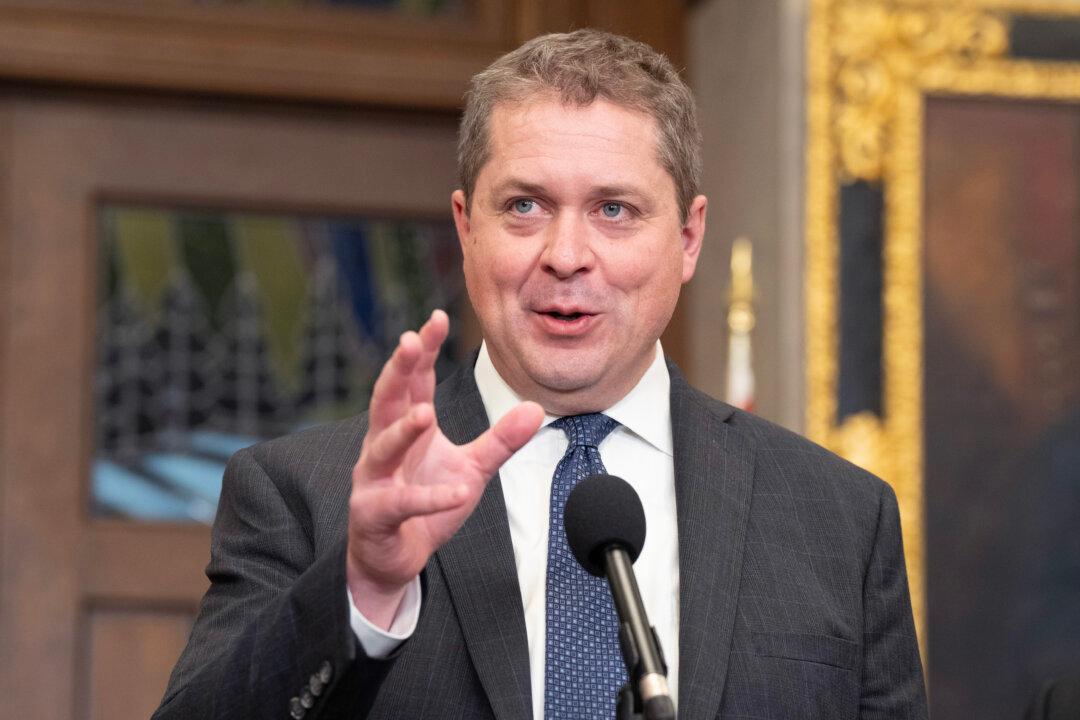Upcoming legislation to deal with foreign interference has been pushed back, with the federal government announcing additional consultations focusing on whether changes are needed for Canada’s primary intelligence agency and the Criminal Code.
“The set of legislative reforms we are putting forth today for consultation would give the Government of Canada another set of tools to detect and disrupt foreign state and non-state actors that attempt to act against our national interest,” said Minister of Public Safety, Democratic Institutions and Intergovernmental Affairs Dominic LeBlanc in a Nov. 24 news release.





